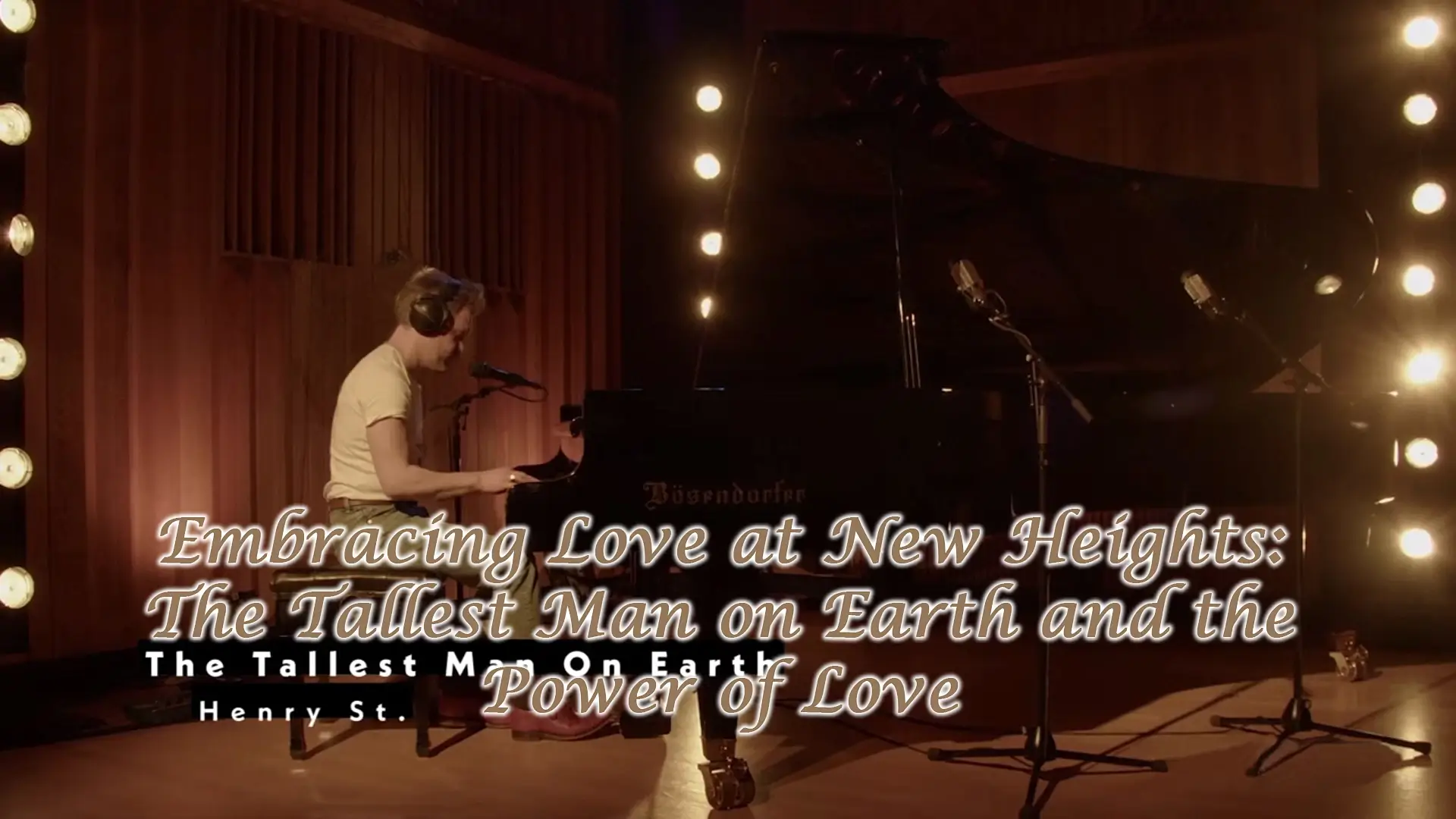We’ve all been there: The should-I-stay-or-should-I-leave no man’s land of a relationship that’s good in some ways, but miserable and dysfunctional in others. Recently, I explored with one client, Sheena, what she would need in order to stay in a relationship that had become questionable. She had a textbook case of breakup confusion, that feeling of indecision that too often keeps us stagnant for days, months, or even years.
Sheena had reason to waffle: she was deeply bonded to her partner; however, there was such a long trail of unmet needs – of bids for affection not met, of attempts at communication not responded to, of new endeavors not supported, of accomplishments and achievements not honored or celebrated.
She was sad. She was tired. She had tried.
One of her deepest desires was to know and be known within a romantic relationship, but her emotional bids for connection were going unheeded by her significant other. She was a roll-up-your-sleeves, get-it-done kind of woman and she wondered if she should plot out a fast-track-to-intimacy-and-connection in a “project management” style – or maybe create a process or a formula that her analytical, left-brained guy could grasp. Intimacy, for her, hinged on knowing the heart and the mind of the person she loved. Why not try to join him in his more rational, reasonable approach?
I applauded her willingness to try to reach him in his language, so to speak. But I didn’t think Sheena should get out the white board and dry-erase markers or start making mind-maps just yet. She would need to learn when to appeal to his emotions and when to appeal to his logical side. She would have to become “bi-lingual,” in an emotional sense, to reach him in the way she desired.
We unpacked so much yearning in our work together:
Sheena wanted her partner to read the emails she sent him and click on the links she shared. She wanted him to open the event invitations she forwarded, at least glance at her girl friend’s wedding pictures she tried to show him, and revel in the love notes she wrote him.
She wanted him to read the books that had meant the most to her and the blog posts she forwarded to him. She wanted him to watch the movies she loved when they were feeling lazy and workout with her when they were feeling active. When the space between them grew wider and he seemed disinterested in their shared life, she wanted him to join her for couples’ counseling.
For her, self-expression was the foundation of knowing and being known, of loving and being loved.
The flow of trust she extended him felt blocked when he wouldn’t take note of how she interacted with the rest of the world. He didn’t reflect back to her how she felt about herself. “If you don’t know who I am and what I want, how can there be trust between us?” was the question Sheena struggled to articulate.
My mantra has been “Love favors the brave” for a while now and we explored the concept of courage within a relationship – and how sometimes one partner possesses more of it than another and how sometimes we must stretch ourselves and do hard things in order to build more of it.
We explored Sheena’s unique attachment style (and theorized about his), so she could learn strategies for making their styles more harmonious.
We discussed what each of them was contributing to the relationship, and examined the concept of an “emotional bank account” in which both partners make deposits and withdrawals.
We also explored the possibility that the stresses and struggles her man was experiencing personally and professionally were having a trickle-down effect in their relationship. She suspected he was affected by undiagnosed depression. She could support him in address his struggles, but she couldn’t do the work for him. And he showed no signs of wanting to do it for himself…
After many months of internal struggle, external effort, and “bootstrappin’ from the heart,” as I sometimes call it, Sheena ultimately decided to exit the relationship. For her, the pain outweighed the pleasure. The anxiety outweighed the sense of security.
Her solution isn’t every person’s solution, but through coaching, individuals in various stages of relationships come to find a path forward to a healthier, happier, freer, and more peaceful life.
Sometimes, breaking up is for the best…
It will be interesting: Use Science To Get Over A Breakup



